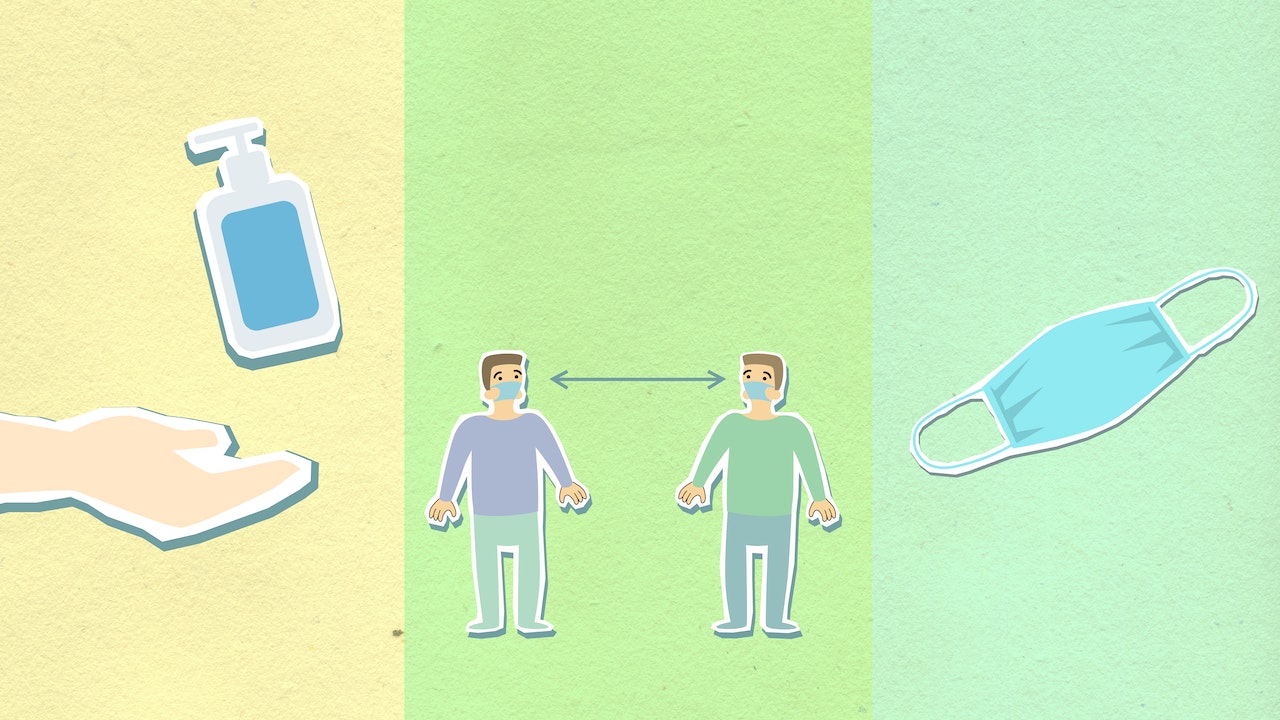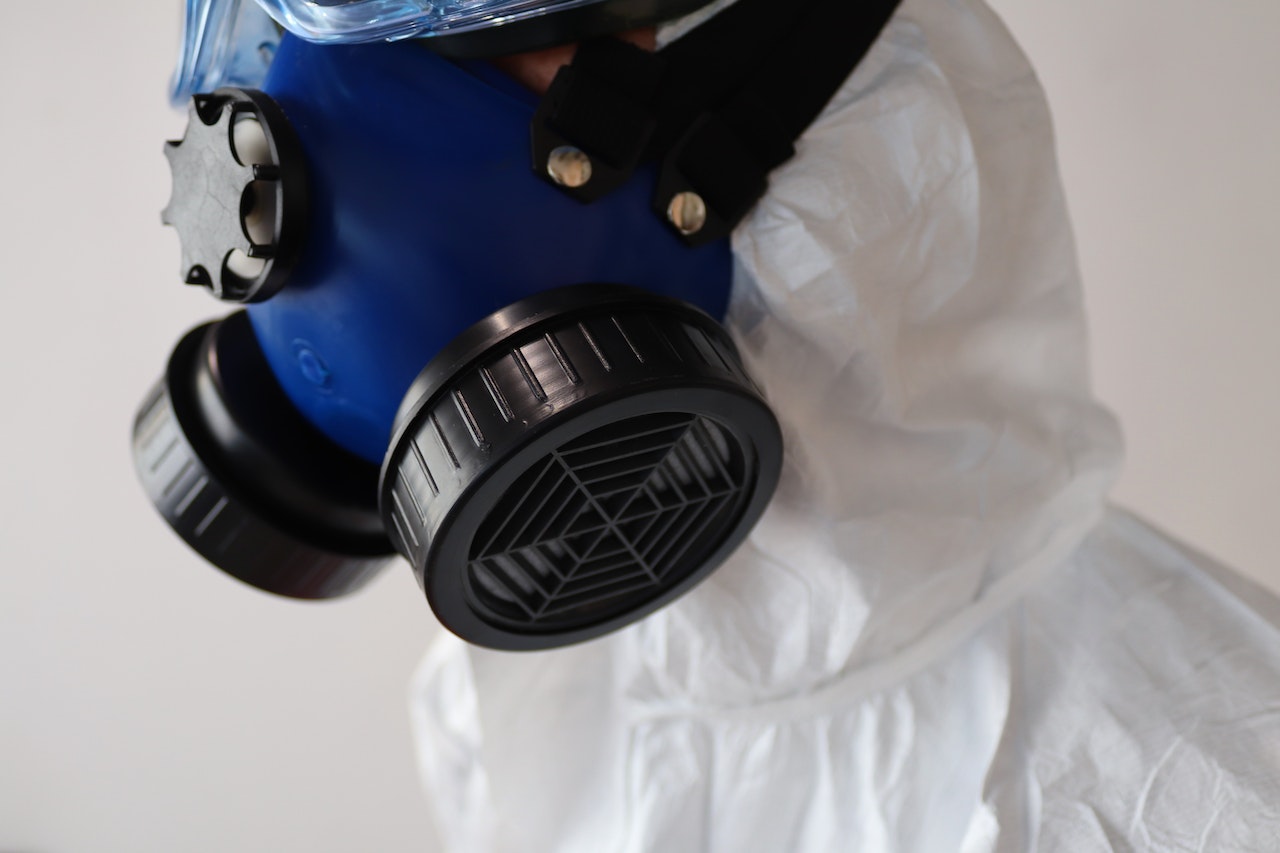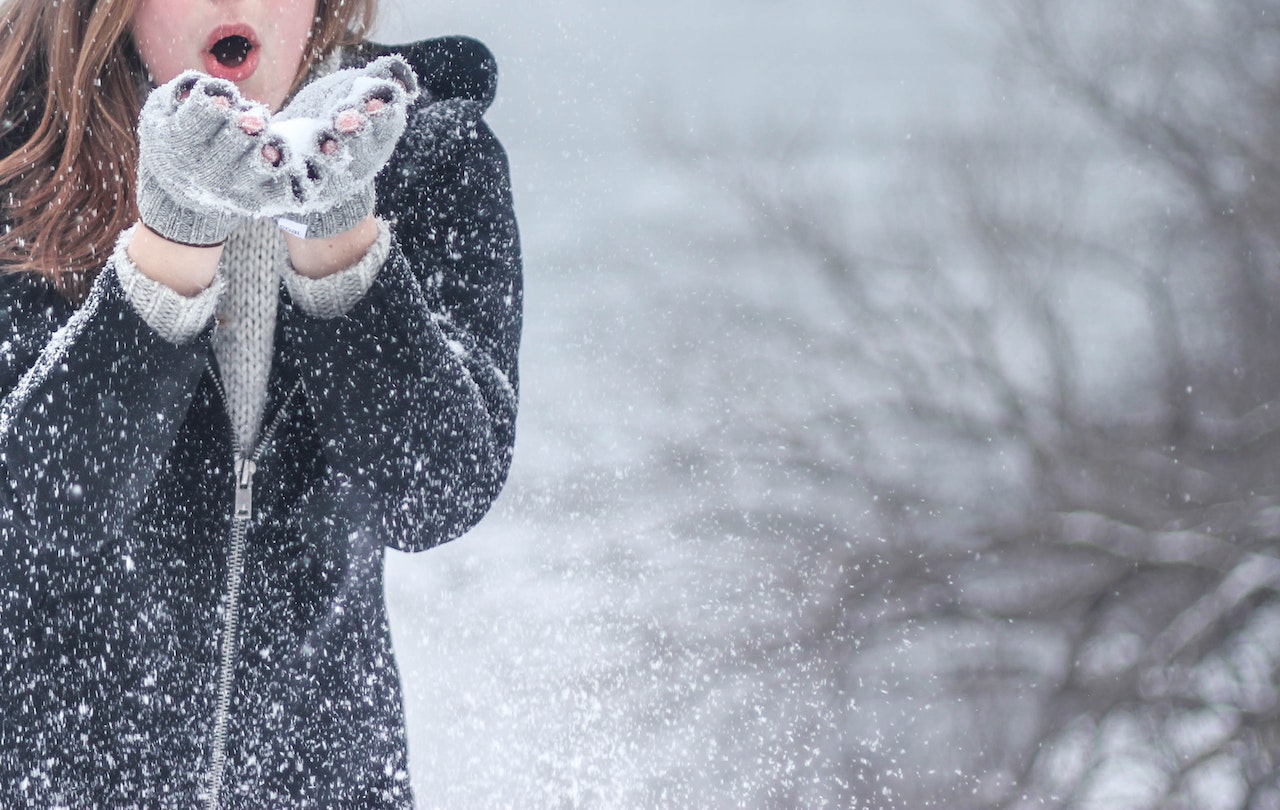If you've heard about RSV on the news, you already know it's not an invitation to a party. These letters stand for respiratory syncytial virus, a type of viral infection. Should you be worried about catching RSV? This guide provides helpful tips for staying safe.
Is RSV a New Type of Coronavirus?

RSV isn’t a coronavirus. It’s not a new virus, either. Even though you may not have heard of it before, RSV has been around for a long time. It was discovered over 60 years ago.
This virus is extremely common. It pops up every year, usually in the fall.
Is RSV Dangerous?

For the majority of healthy people, RSV isn’t dangerous. It usually causes relatively mild respiratory symptoms, such as sneezing, coughing, runny nose or low fever.
Unfortunately, some age groups are more vulnerable to RSV infections. These patients can experience life-threatening symptoms:
- Lung inflammation
- Pneumonia
- Asthma attacks
- Increased risk of complications for people with congestive heart failure
Are You at Risk for Severe RSV Symptoms?

RSV is mainly dangerous for people who have a weakened immune system. Several risk factors can cause problems:
- Premature newborns
- Babies under 12 months
- Adults over age 65
- People who have chronic lung disease or asthma
- Seniors who have heart problems
- Adults taking medications for autoimmune disorders (rheumatoid arthritis, psoriasis, ulcerative colitis, etc.)
Are You Prepared for Cold Weather?

Many types of viral infections flourish during the fall and winter months, often because so many people spend time indoors. The good news is that healthy habits for avoiding RSV infections also help you avoid other respiratory infections:
- Stay away from sick people: Even if friends or family members tell you they only have a “regular” cold, it’s best to skip get-togethers until they get better.
- Wash your hands: Washing your hands only takes 20 seconds, and it’s one of the best ways to keep viruses out of your house. Wash your hands as soon as you get home or after handling money, shaking hands or touching surfaces in public.
- Disinfect: You don’t need to go crazy disinfecting, but it’s a good idea to wipe off surfaces people touch frequently, such as doorknobs, tabletops, smartphones, keyboards, TV remotes, etc.
- Don’t touch your face: If you can master the habit of not touching your eyes, nose or mouth in public, you can avoid one of the biggest causes of getting sick.
Chances are you don’t have to lose sleep over RSV, but a few easy steps can help you lower your risk in any case. Don’t forget to take good care of your immune system with nutritious foods such as yogurt, berries, turmeric, ginger, garlic and green tea!

